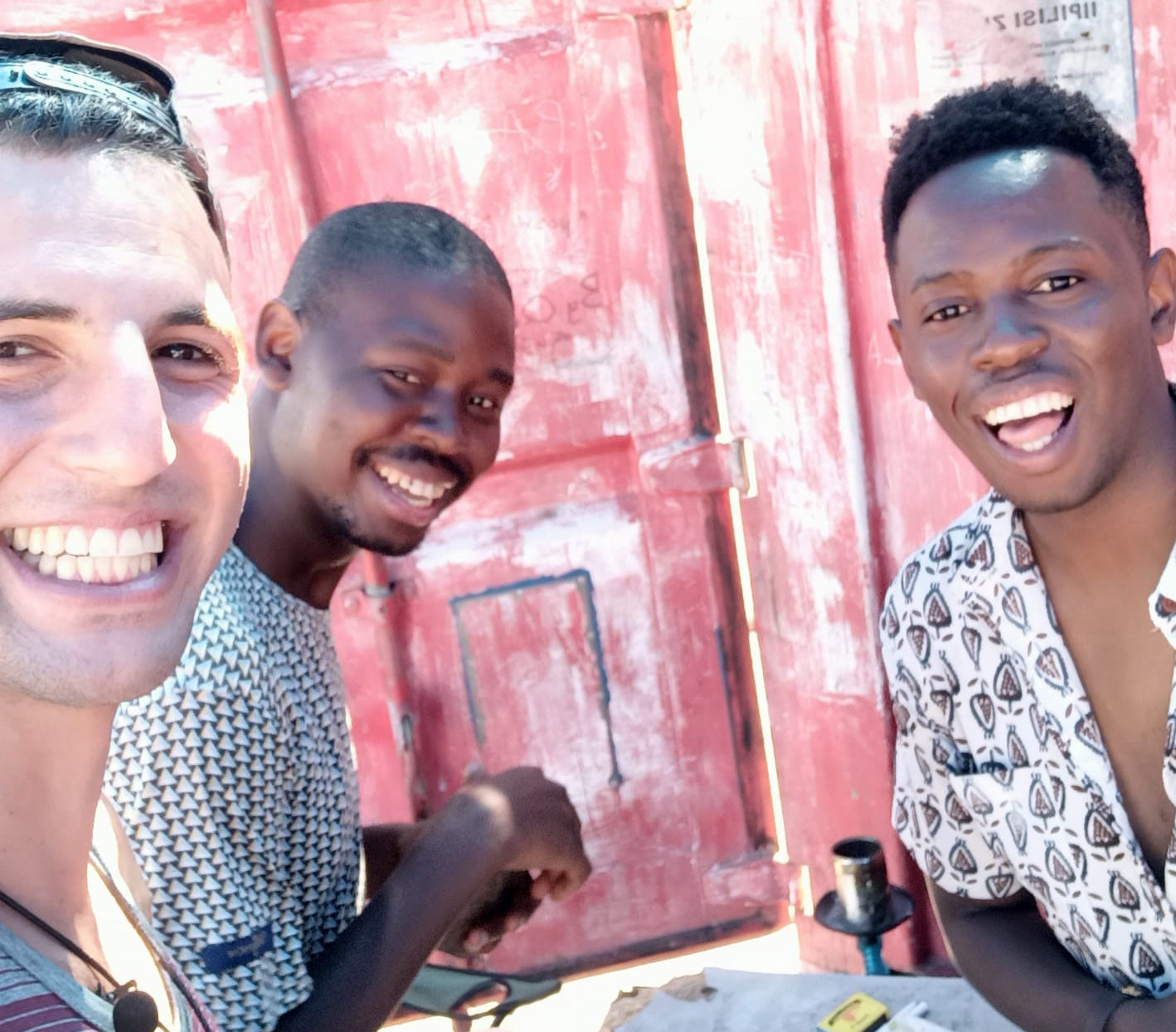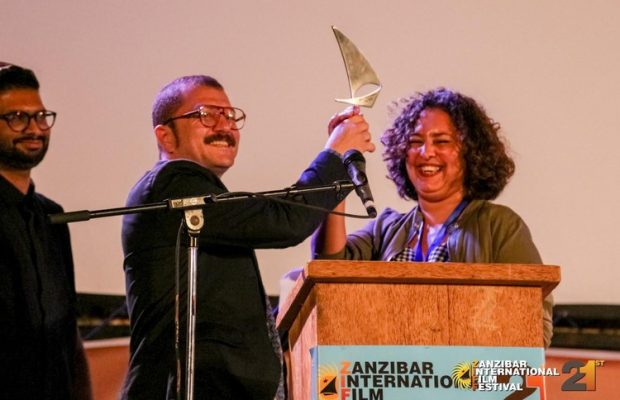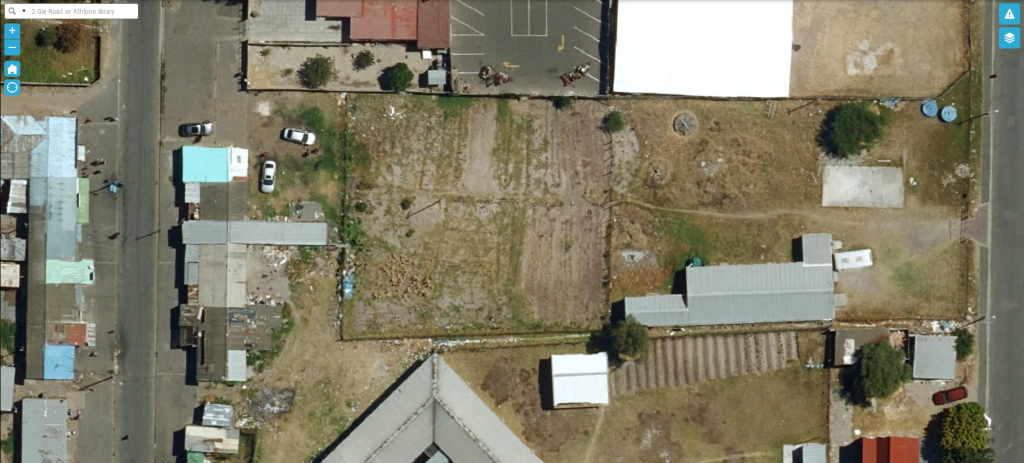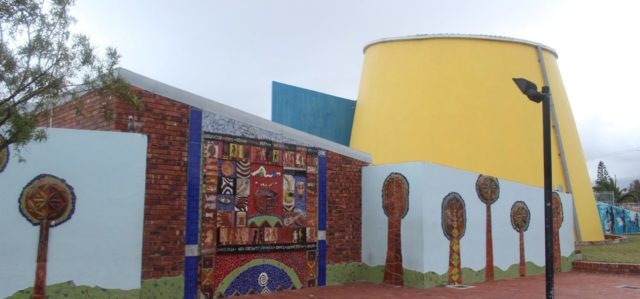From Fresnaye to Langa, expat tells ‘tale of two cities’

Published 2 years ago
At first glance, Jason Woolf seems like any other 27-year-old American expat enjoying everything Cape Town has to offer. That is, until he starts speaking in fluent Xhosa, or when he describes living in the shack he built for part of the year that he spent in the sprawling township of Khayelitsha.
“I lived in Khayelitsha for a year, in 2014 and 2015. For part of that time, I lived in a house in Ilitha Park. Then I had to move, so I was hosted by the family of a friend’s girlfriend in Makhaza. But after a time, it got a little crowded, so I built a shack onto the side of their house to live in,” he explains.
“Living in a shack was fine – you can actually make it quite nice. I put rhino board inside, and painted it lime green. You don’t really feel like you’re in a shack, it’s just a small room really. If you have the heater on at night it stays warm enough. And I wasn’t hanging out there all day, so it was nothing major.”
Woolf holds dual American South African citizenship: “My sister was born in 1990, my parents migrated to Boston, Massachusetts in 1991, and I was born in 1993. I grew up in a suburb called Dartmouth south of Boston.” He studied at New York University at the Gallatin School of Individualized Study, with a focus on social entrepreneurship and cultural revitalisation. He would also spend summers with his grandparents in Cape Town, and got to know that in many ways, it’s a tale of two cities, with the extremely affluent and the impoverished living side by side.
After graduating, Woolf moved to South Africa to work full-time on his non-profit foundation, Umbiyozo (‘celebration’ in Xhosa). He started it in 2011 as a high school student after seeing how local township youth would form dance troupes and perform in public spaces across the city.
His decision to live in Khayelitsha was motivated by a desire to get closer to the people he wanted to work with and understand their reality. He aimed to incentivise youth to participate in these community-based troupes, hoping to help prevent gangsterism, drug usage, teenage pregnancy, social isolation, and disempowerment. With a background in music, endless energy and enthusiasm, and the ability to interact with people from all walks of life, Woolf was perfectly placed to do this work.
On a tiny budget, he made a DVD capturing the performances of 14 independent dance troupes, allowing participants to sell the DVDs to tourists for a greater profit than they would get by performing on the streets. He also organised large-scale events and a yearly dance competition. After giving it his all, he eventually had to close the foundation, but it inspired his next venture: Side by Side Experiences, which provides meaningful tours, experiences, and interactions for tourists in the townships. With this in mind, he decided to move to Langa township for a year as a way to further immerse himself in the environment.
Before he made the move, he was staying in the upmarket suburb of Fresnaye on the Atlantic Seaboard. On social media and with clever use of technology such as Google Earth, he has shown the short distance but vast difference between the two locations.
He considered staying in a shipping container, but eventually moved into a newly-built hostel called Zone 17, a space created by two Langa entrepreneurs with the aim of desegregating Cape Town. It has ten rooms, and he is currently the only resident. He recently hosted a COVID-19-safe braai and housewarming event, hoping to put the place on the map and bring together people from South Africa’s different communities.
While COVID-19 has thrown him a few curveballs, Woolf is continuing with his walking tours in Langa. “Walking tours are important ways to reduce ‘poverty tourism’. They allow for interaction, and they slow tourists down to really experience the environment,” he explains. He chose Langa because it’s well-suited to walking tours, is closer to town, “and I‘ve met some amazing movers and shakers that I felt I could really partner with”.
Woolf is also focusing on content creation, using his social media channels to “bridge gaps and start interesting conversations”. He hopes to open up dialogue between sectors of society and highlight organisations and entrepreneurs involved in fascinating and meaningful projects.
He says he feels safe in the community – people are warm, welcoming, and look out for each other. He felt the same when he lived in Khayelitsha. “People cooked meals for me, welcomed me into their homes, and gave me an intimate window into their life. They helped me with anything I needed, talked through their problems with me, and were eager to teach me the language. Kids were so eager to interact, and I enjoyed little moments, like jokes when buying street food. Those moments really lift the spirit.”
What he loves most about South Africa is “the spirit of the people. It’s a complicated country, but people generally seem accepting of one another. The ‘default’ relationship one of kindness and cordial behaviour, unlike other places where the default is ‘stranger culture’ and ‘Why you talking to me?’, that attitude of ‘stay in your lane, mind your own business’. Here, people like chatting and there’s a feeling that you can make friends with a stranger, which isn’t a feeling you get in places like the United States (US), by and large.
“Then there is the extremely precious exquisite natural environment. And it feels like there’s a meaningful national project of trying to become ‘a people’. Everyone has their own unique relationship to that nation-building project. It’s intriguing to see how diverse people approach that project and respond to it.
“The only reason I would possibly go back to US is if I have children and it feels like they may get better opportunities there. But if I had a child today, I would prefer to raise it in South Africa than the US. Their development would be more holistic here than in the US.”
Finally, he says, “We need to recognise that as a Jewish people, we don’t exist in isolation. We’re inextricably linked to the fates of others in our country and the world. We need to build bridges to have a collective future where we all thrive. We can start at home, in our own backyard. Spend some time in a township, and see with your own eyes the way things are, rather than what the media might be telling you. Be brave enough to step in, find someone who can make you feel welcome, and do yourself that service of learning and unlearning. It’s hugely important for this country.”
Follow Jason on Instagram: @volofu
SOUTH AFRICAN JEWISH REPORT








